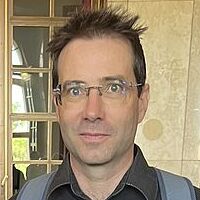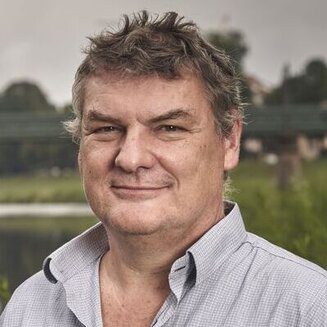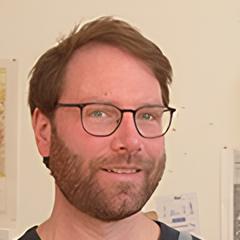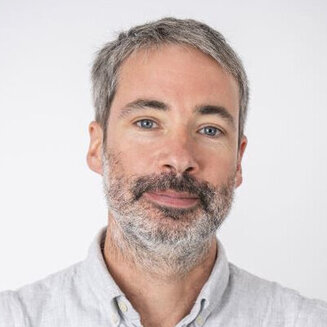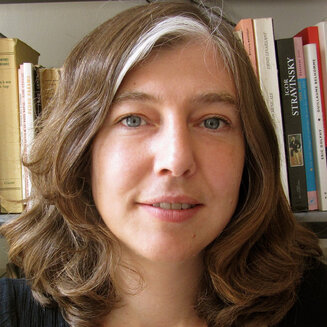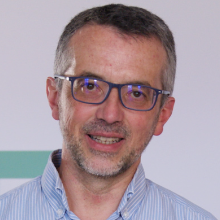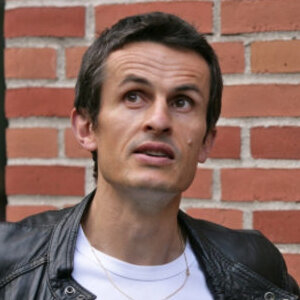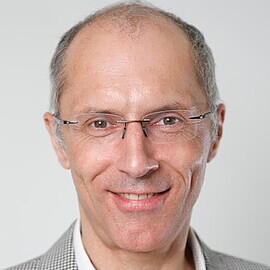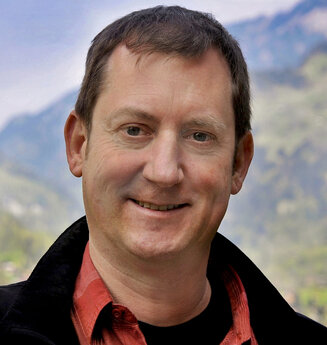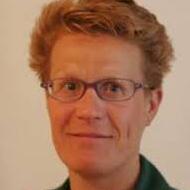Towards sustainable management of socio-ecological hydrosystems
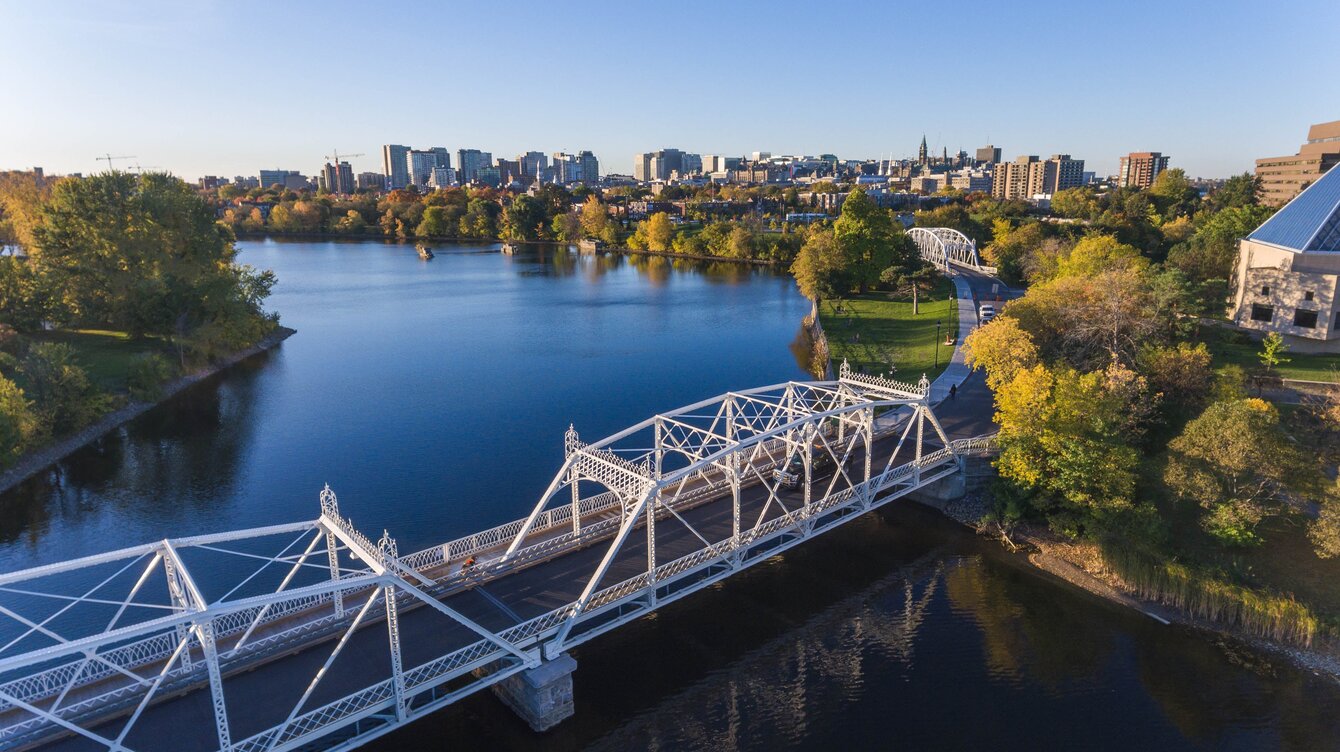
In a world where tipping points are approaching and margins for manœuvre are shrinking, it is necessary to combine the strengths and knowledge of different disciplines and decision-making structures to reverse socio-environmental crises.
On both sides of the Rhine, the researchers in the EUCOR university consortium are convinced that the sustainable management of socio-ecological hydrosystems requires specialists at the crossroads of the natural, social and engineering sciences.
The 'Continental Water Sustainability' master's degree aims to train this new generation of experts, offering future students the best capabilities of the Universities of Strasbourg, Freiburg and Haute Alsace, KIT (Karlsruhe Institute of Technology) and ENGEES (National School for Water and Environmental Engineering of Strasbourg).
From science fiction to academic project
"Nexialism is the science of joining in an orderly fashion the knowledge of one field of learning with that of other fields."
The Voyage of the Space Beagle, A.E. van Vogt (1950)
The nexialism thus defined by the novelist A.R. van Vogt is the DNA of the CWS Master's degree: the curriculum is entirely designed to train experts capable of a holistic approach to continental socio-ecological hydrosystems.
As well as providing a solid academic background, our ambition is to develop students' ability to reason in an interdisciplinary way, to work together in an intercultural way, and to think "out of the box" and problem-solving-oriented.
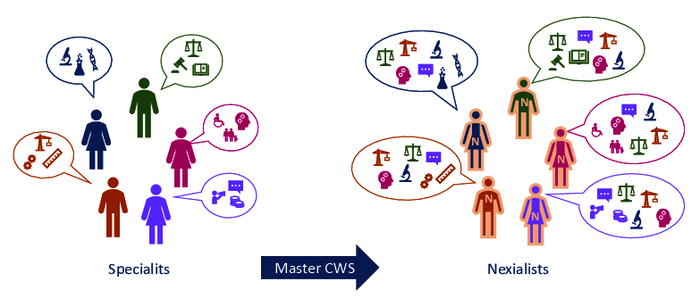
Study organisation
The courses will be divided between Strasbourg, Freiburg and Karlsruhe, with a semester rhythm still to be defined.
The language of instruction will be exclusively English.

Skills to be developed
- Understanding socio-ecological hydrosystems
- Establishing a scientific base and acquiring new knowledge efficiently
- Work efficiently in teams and as representatives (governance)
- Develop innovative solutions to water-related problems (engineering)
- Transfer existing solutions
Pedagogy

In M1, the first few weeks will be devoted to acquiring knowledge in the social sciences, biogeophysics and engineering.
The teaching approach will rapidly evolve towards project work, which will encourage interdisciplinarity and the search for innovative solutions.
The projects will be designed to put into practice the knowledge already acquired and to serve as a foundation for new academic contributions throughout the course.
Student recruitment
Interdisciplinarity and interculturality start with recruitment, which we aim to be as broad as possible, particularly internationally.
A sufficient level of English to follow the courses will be required (minimum B2).
Recruitment procedures are currently being drawn up. They will be published by winter 2025 at the latest, with the first intake scheduled for September 2026.
Careers
- Government bodies (local, national, international)
- Town planning
- Agricultural agencies
- Private companies
- Non-governmental organisations
- Research
- Etc.
An EUCOR project
The initial phase of the CWS Master's programme is supported by EUCOR (Universities of Strasbourg, Freiburg, Karlsruhe and Haute Alsace) and ENGEES (National School for Water and Environmental Engineering of Strasbourg).
The Master's programme is due to open in September 2025. After a period of operation and adjustment, the project sponsors wish to perpetuate the master's degree by opening it up to new partners.
Eucor - The European Campus is supporting the current design phase of the Master's programme through the Seed Money funding scheme in the 'Training' category.
Steering Committee
Project leaders
Members
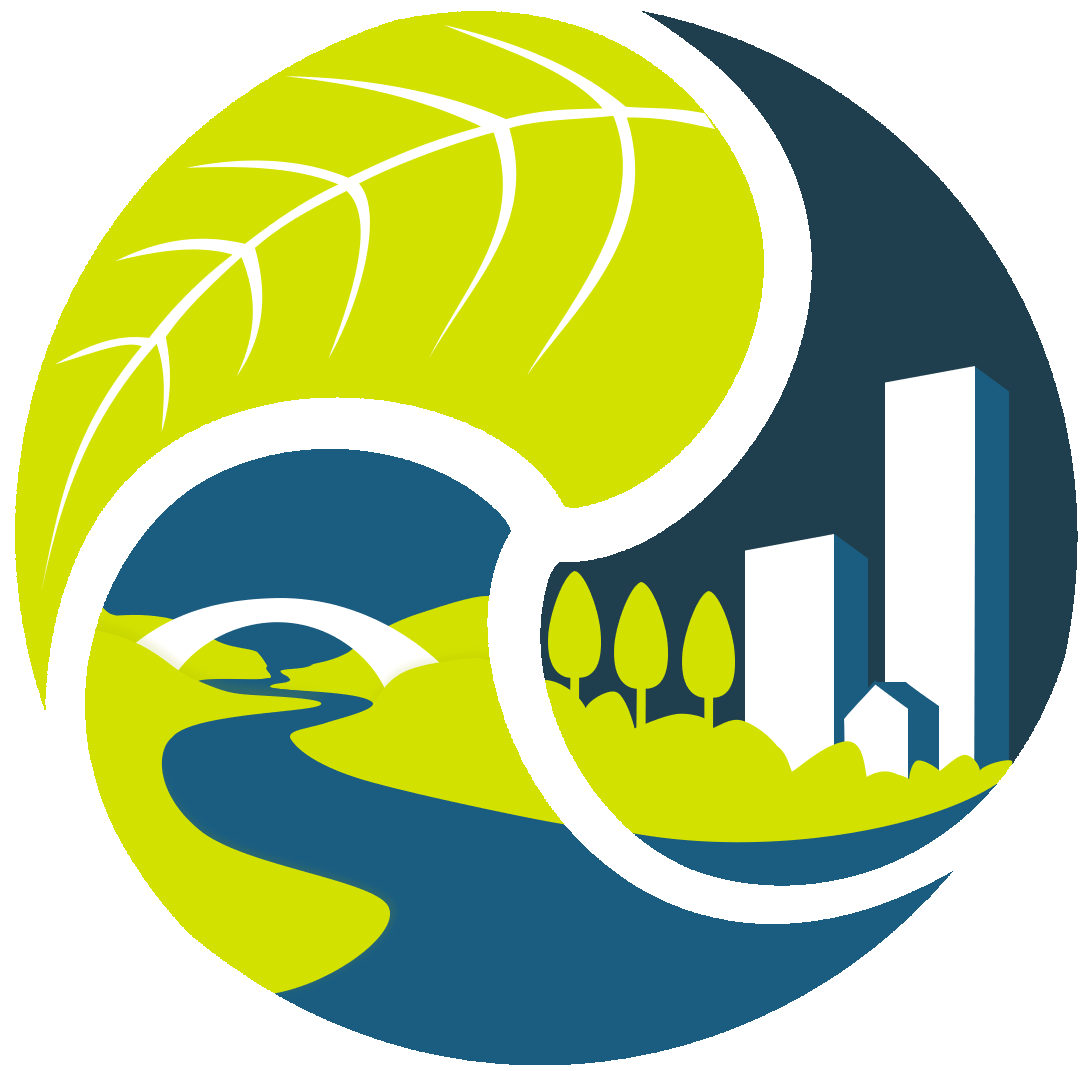

![[Translate to English:] Réseau EUCOR](/websites/_processed_/4/d/csm_Carte_Eucor_FR_NEW_bb17ca2258.jpg)
